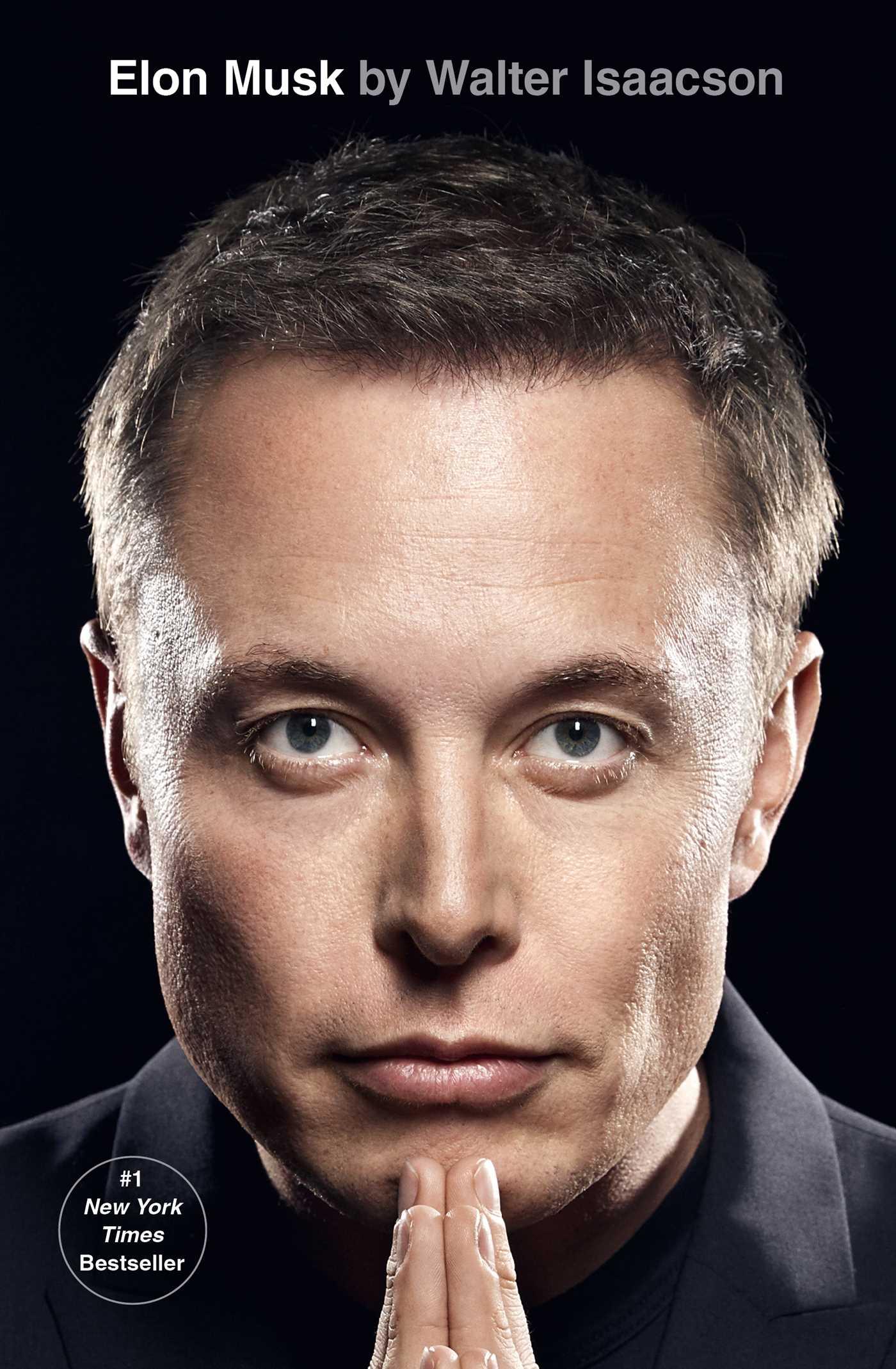In the labyrinthine world of internet speculation and celebrity gossip, few narratives are as bizarrely persistent as the rumor surrounding Adrian Dittmann and Elon Musk. What begins as a seemingly innocuous comment about fatherhood and intimate encounters has spiraled into a digital conspiracy theory that refuses to fade into obscurity. This tale of alleged identity blurring and online persona manipulation offers a fascinating glimpse into the strange intersections of fan culture, social media mythology, and the cult of personality that surrounds one of tech’s most polarizing figures. In the wild world of internet speculation, a provocative tweet has reignited suspicions about the true identity of Adrian Dittman, a prominent Twitter personality known for his unwavering support of Elon Musk.
The controversial statement emerged during a recent social media exchange, where Dittman made a peculiar comment about Musk’s personal life that raised eyebrows across online platforms. The phrase “a father who gets lots of sex” sparked immediate curiosity and renewed speculation about whether Dittman might actually be an elaborate persona created by Musk himself.
This isn’t the first time such theories have circulated. Dittman has long been recognized for his enthusiastic defense and promotion of everything Musk-related, often sharing insider-like perspectives and defending the tech mogul against criticism with remarkable consistency.
Internet sleuths have been quick to dissect the latest comment, pointing out the unusually intimate and somewhat awkward phrasing that seems more reminiscent of someone speaking about themselves rather than an objective observer. The linguistic quirks and defensive posture have fueled existing conspiracy theories about Dittman’s potential true identity.
Social media analysis reveals patterns of behavior that some find suspiciously aligned with Musk’s communication style. Dittman’s tweets often echo Musk’s perspectives with an almost uncanny precision, leading many to question the authenticity of the account.
While neither Musk nor Dittman has directly addressed these claims, the speculation continues to gain traction. Online forums and Twitter threads are filled with detailed comparisons of writing styles, posting patterns, and contextual nuances that supporters of the theory argue are too similar to be coincidental.
The phenomenon highlights the internet’s fascination with celebrity identity and the blurred lines between fan worship and potential fabrication. In an era of digital personas and complex online interactions, the line between genuine admiration and potential sockpuppet accounts becomes increasingly ambiguous.
Experts in digital communication and social media behavior suggest that such speculative narratives often emerge from the parasocial relationships fans develop with public figures. The desire to feel connected or to uncover hidden narratives drives these ongoing discussions.
As the internet continues to debate the true nature of Adrian Dittman’s relationship with Elon Musk, one thing remains certain: the story has captured widespread attention and shows no signs of losing momentum in the ever-churning world of online discourse.

















